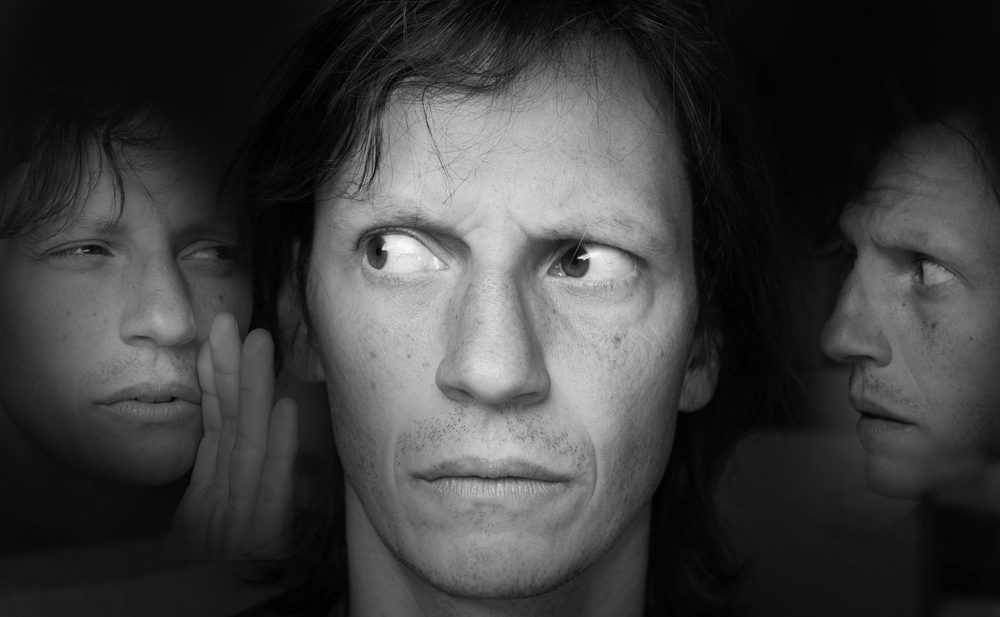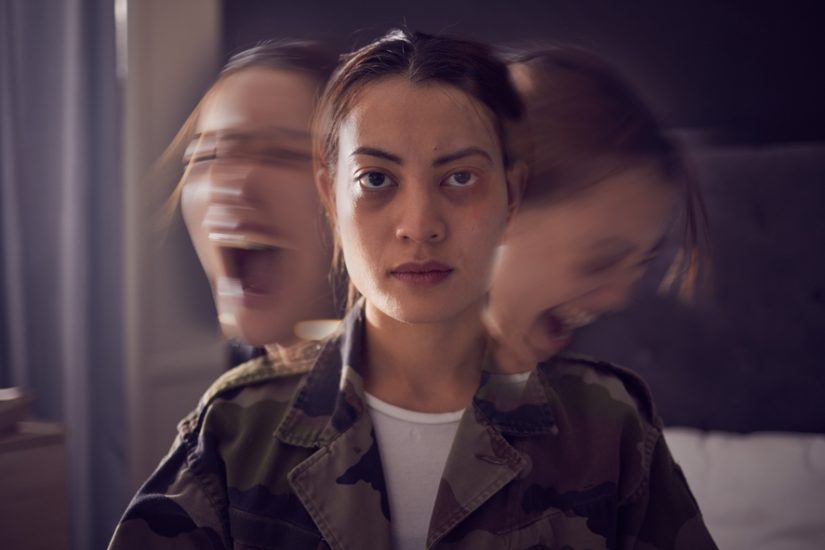- September 22, 2023
- by Shalini Murmu
- Schizophrenia
A healthy human mind, with its complex web of thoughts, emotions, and perceptions, typically presents a coherent view of reality. But, for some people, things can get a bit tangled up drawing a fine line between what is real and what is illusionary. This phenomenon gives rise to what we call schizophrenia. It is not a monolithic disorder; rather, it takes on diverse forms, each presenting its distinct traits and difficulties.
Schizophrenia is a psychiatric disorder that affects approximately 1% of the global population. It is marked by disruptions in thought processes, emotional regulation, and perceptions of reality. However, within this overarching diagnosis, there are several distinct subtypes, each with its own set of symptoms and diagnostic criteria. These subtypes paint a vivid picture of the diverse forms that schizophrenia can take.
Understanding the nuances among the different types of schizophrenia is essential for tailoring effective treatment plans for people. Let’s get to know them.
- Paranoid Schizophrenia
Paranoid schizophrenia is known to have prominent symptoms of paranoia, including delusions and auditory hallucinations. People with this condition often experience intense, irrational beliefs that others are plotting against them or are out to harm them. These delusions can be distressing and all-consuming, leading to heightened suspicion and mistrust of those around them. Auditory hallucinations are also quite common, and a person may hear voices that may criticize, threaten, or command to further contribute to their sense of unease.
Living with paranoid schizophrenia can be an isolating and challenging experience. The persistent fear and paranoia, make it difficult to form and maintain relationships. Their daily functioning may be impaired, and they may struggle to hold down a job or engage in social activities. Treatment for the condition combines antipsychotic medications, psychotherapy, and support services.
Antipsychotic medications help alleviate symptoms, while therapy, such as cognitive-behavioral therapy (CBT), can assist in managing their thoughts and emotions, as well as improving their social skills. Supportive services and community resources play a crucial role in helping people with schizophrenia regain independence and enhance their quality of life. Early intervention and ongoing treatment can significantly improve outcomes for individuals with this condition.
- Hebephrenic / Disorganized Schizophrenia
People with hebephrenic schizophrenia often exhibit severe cognitive and emotional disruptions, making it challenging for them to function effectively in daily life. Symptoms include incoherent speech, where thoughts may jump from topic to topic, making it difficult for others to follow their conversation. Emotions may appear erratic, with inappropriate or exaggerated displays of feeling that don’t match the context. With disorganized behavior, people may also have trouble managing their daily activities and upholding basic personal hygiene. Disorganized or hebephrenic schizophrenia causes severe social isolation as relationships become strained due to the individual’s difficulty in communicating and engaging with others.
Rehabilitation programs can help them regain independence and integrate into their communities. With a comprehensive treatment approach, tailored to the individual’s specific needs, hebephrenic schizophrenia and improving the person’s overall quality of life.
- Catatonic Schizophrenia
Catatonic schizophrenia is a rare subtype of schizophrenia known to have a range of unusual and severe motor behaviors, affecting a person’s ability to move, communicate, and interact with their environment. Individuals with catatonic schizophrenia may alternate between periods of extreme agitation and complete immobility.
Catatonic schizophrenia symptoms include catalepsy, where the person can maintain a rigid posture for extended periods, and waxy flexibility, where they can be manipulated into different positions. Mutism, echolalia (repeating others’ words), and echopraxia (mimicking others’ movements) are also common. Some people may experience excitement and hyperactivity, while others may remain in a near-vegetative state. These extreme motor disturbances can significantly affect communication and to carry out daily tasks.
- Residual Schizophrenia
Residual schizophrenia represents a distinct subtype of the disorder where the most striking and intense symptoms like hallucinations and delusions tend to ease off. However, a person dealing with this condition often grapples with lingering negative symptoms and cognitive limitations.
These persistent symptoms can encompass withdrawal from social interactions, a diminished range of emotional expression reduced motivation, and difficulties with cognitive processes. These challenges can make it tough for affected individuals to participate in day-to-day activities, establish meaningful relationships, or sustain employment. Despite the waning of the more acute positive symptoms, the enduring negative symptoms and cognitive impairments can exert a substantial impact on a person’s overall functioning and their overall quality of life and demand effective intervention just like the rest.
- Undifferentiated Schizophrenia
Undifferentiated schizophrenia represents a unique manner that doesn’t fit neatly into the established categories like paranoid, disorganized, or catatonic schizophrenia. Instead, it presents a complex mix of symptoms that defy a specific classification, making both diagnosis and treatment more intricate. People usually display diverse signs of schizophrenia in this case drawn from various subtypes of the disorder.
These symptoms of undifferentiated schizophrenia can encompass hallucinations, delusions, disordered thinking and speech, emotional disturbances, social withdrawal, and cognitive limitations. The manifestation of these symptoms can vary in intensity and may fluctuate over time, making it a particularly challenging condition to manage. People often experience considerable distress and functional impairments in their daily lives.
Living with schizophrenia or any of its different types can undoubtedly be challenging, both for the person dealing with the condition and their loved ones. With the right support, understanding, and treatment, one can manage their symptoms and lead fulfilling lives. Medications, psychotherapy, and support services can help people with schizophrenia regain control all over again.
North America Behavioral Health Services
Do you have a friend or family member navigating the challenging path of schizophrenia? You’re not alone, and there’s help available! Reach out to North America Behavioral Health Services, where we specialize in connecting people dealing with mental health conditions. We’re here to bridge the gap, connecting your loved ones with top-notch treatment facilities staffed by professionals who are dedicated to improving cognitive functioning and boosting social and vocational skills. Embark on this journey towards hope and recovery!
















